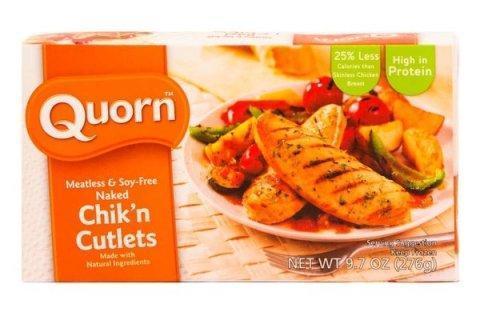Quorn protein builds muscle better than milk protein
“
Date:
July 3, 2019
Source:
University of Exeter
Summary:
A study has found that mycoprotein, the protein-rich food source that is unique to Quorn products, stimulates post-exercise muscle building to a greater extent than milk protein.”
“
Date:
July 3, 2019
Source:
University of Exeter
Summary:
A study has found that mycoprotein, the protein-rich food source that is unique to Quorn products, stimulates post-exercise muscle building to a greater extent than milk protein.”


